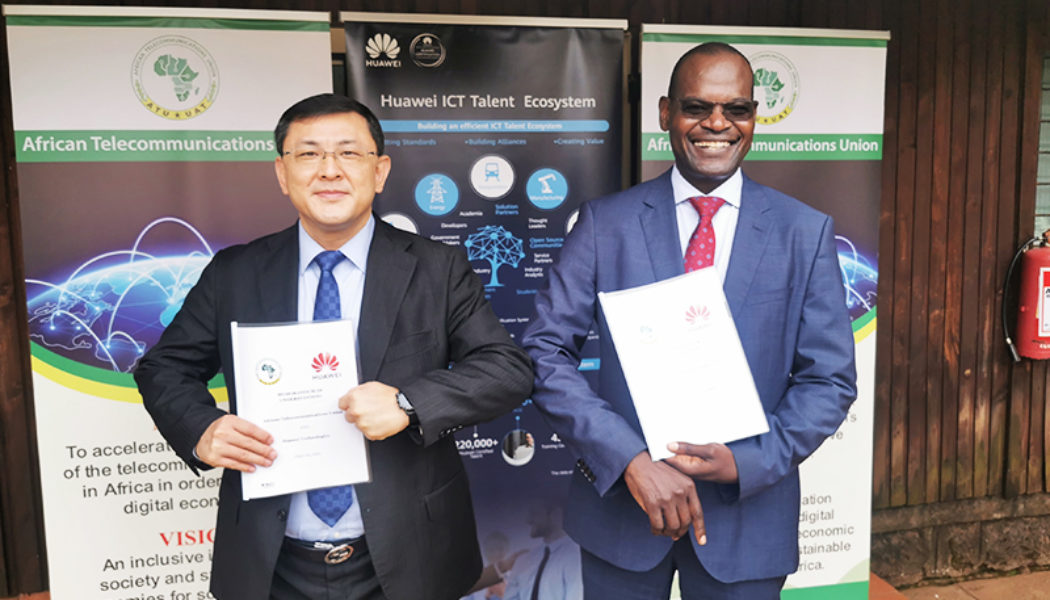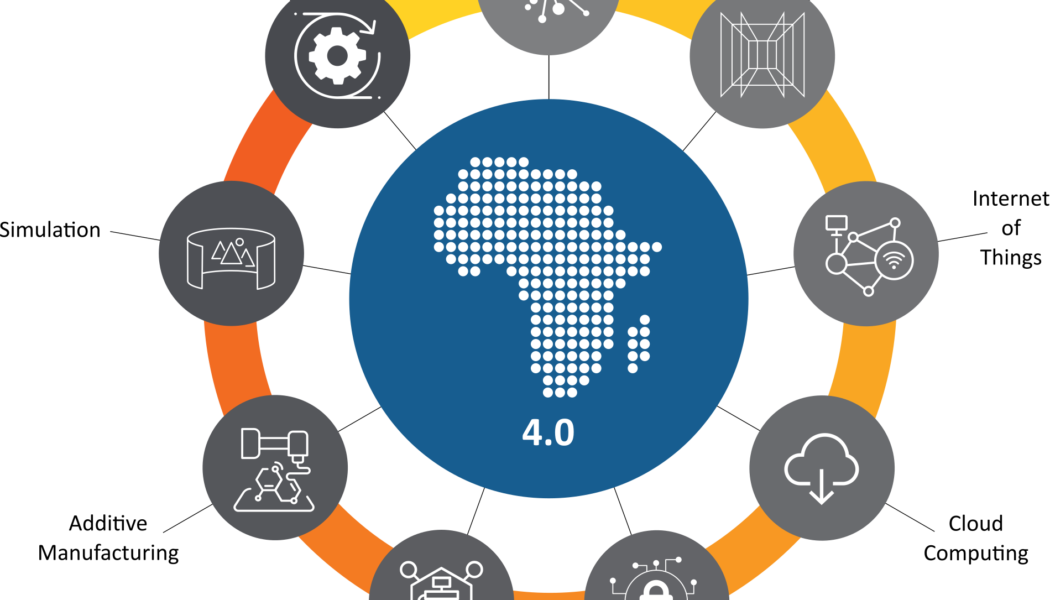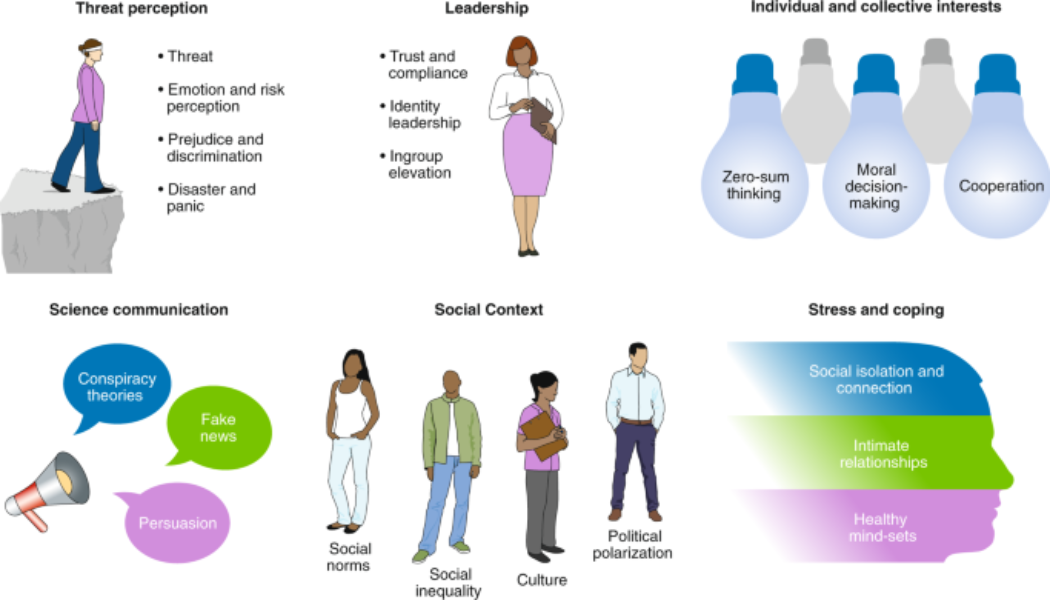Digital Transformation
Digital Transformation Crucial for the Future of Mining in South Africa
Mining has played a crucial role in South Africa’s economy for the best part of two centuries. And while it may not play as big a role as it once did, it still contributed R400-billion to GDP in 2020 and employed more than 450 000 people. But if the sector is to remain competitive at a global level, it has to evolve particularly when it comes to embracing digital transformation. Digital Transformation in Mining Presents Unique Challenges While South Africa’s unique circumstances should be taken into account, especially when it comes to factors such as the orebody depth and labour intensity of the country’s mining operations, that doesn’t mean that mining companies should shy away from digital transformation. The application of digital technologies, both in their current form and in future ...
Adama Diouf of SYLVERSYS Talks Amazon Partnership, Cloud Computing and Digital Transformation in Africa
SYLVERSYS is a solutions integration company that currently provides its services for African countries, mainly in the West Africa region. With a speciality in providing secure computer and network products/solutions for businesses and organizations in the private and public sector, the UK-based company has moved from strength to strength. Now, as the pandemic begins to decline in many parts of the world, SYLVERSYS realigns its sights on expanding to more African markets, including those in sub-Saharan Africa. Recently, SYLVERSYS partnered with Amazon to bring its cloud solutions to Yup, a mobile payment platform based in Senegal. ITNA’s Luis Monzon had the opportunity to chat with Adama Diouf, VP of SYLVERSYS, and self-styled “Digital Transformation Evangelist” to discuss how the company ...
Chasing the Unicorn: The Global Search for Cloud Skills
Whenever there is a new technology trend or an evolution of how organisations service their customers through technology, we have subsequent demand for new or enhanced IT skills. The recent increase in cloud computing has created an increased demand for cloud-related skills and we are currently in a cycle where the global demand for cloud skills outstrips the supply. We simply don’t have enough skilled cloud engineers in the market to satisfy the demand. Cloud Skills On Demand As more organisations accelerate their cloud adoption strategies, we also have cloud providers themselves looking for cloud skills globally to meet the increased utilisation of their cloud services as they simultaneously scale up to introduce more cloud regions and availability zones across the world. Amazon Web Serv...
Huawei Pens Deal with African Telecom Union in Bid to Boost Digital Transformation in Africa
Left to right: Samuel Chen, Vice President at Huawei Southern Africa region, Mr. John OMO, Secretary-General of the ATU. The African Telecommunications Union (ATU) has signed a Memorandum of Understanding (MoU) with Chinese tech giant Huawei that will see African countries and organizations build capacity for ICT transformation. Under the agreement, Huawei will provide training on skills development, including reskilling and upskilling for ATU members. The MoU will also see the two organizations collaborate to support local innovation, share information on the latest trends, challenges and solutions in Africa and globally, and expand the digital economy as well as rural connectivity, in the continent, through furthering research. Digital Transformation is Vital for Africa A 2019 report by ...
How SMEs Can Take Advantage of Intelligent Automation and Why They Should
Image sourced from CXOToday. In the past, most business experts believed that there were simply too many situations, variables, and possibilities for companies to manage to effectively be able to automate their front-office processes and procedures. This was especially true for those processes and procedures that relied on human workers making decisions. Even when technology started to catch up, many still considered it the domain of large companies, which could afford both the technology and development resources. This is no longer the case. What is Intelligent Automation? We have now seen the introduction of Intelligent Automation (IA), which combines artificial intelligence, machine learning, and process automation. Companies can use IA to create smart business processes that can think,...
How AfChix and USAID Are Helping African Women Connect Their Own Communities to the Internet
Image sourced from AfrikaTech. AfChix – a network of African women in technology – is enabling women in rural Kenya, Senegal, Namibia, and Morocco to take the lead in connecting their communities to the internet for the first time. The organisation is one of the winners in the third round of the WomenConnect Challenge, funded by the United States Agency for International Development (USAID). The WomenConnect Challenge WomenConnect is a global call for solutions to improve women’s participation in everyday life by meaningfully changing the ways women access and use technology. As a winner in the first round of the WommenConnect Challenge, launched in 2018, AfChix has already built four community networks by installing communications infrastructure in rural areas. AfChix trains local women t...
Sage Provides Award-Winning Cloud Solutions to Help All Businesses Perform at Their Best
/* custom css */ .tdi_4_620.td-a-rec-img{ text-align: left; }.tdi_4_620.td-a-rec-img img{ margin: 0 auto 0 0; } Sage is the global market leader for technology that helps small and medium businesses perform at their best. The company is trusted by millions of customers worldwide to deliver the best cloud technology and support, with our partners, to manage finances, operations, and people. “We believe in doing everything we can to help people be the best they can be, so the combined efforts of 12,000 Sage colleagues working with businesses and communities make a real difference to the world,” the company says. /* custom css */ .tdi_3_ea6.td-a-rec-img{ text-align: left; }.tdi_3_ea6.td-a-rec-img img{ margin: 0 auto 0 0; } “Sage. Perform at your Best.” Having similar humble origins to the myr...

















